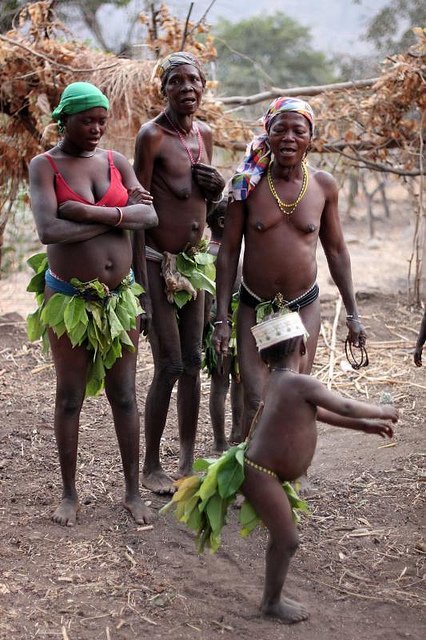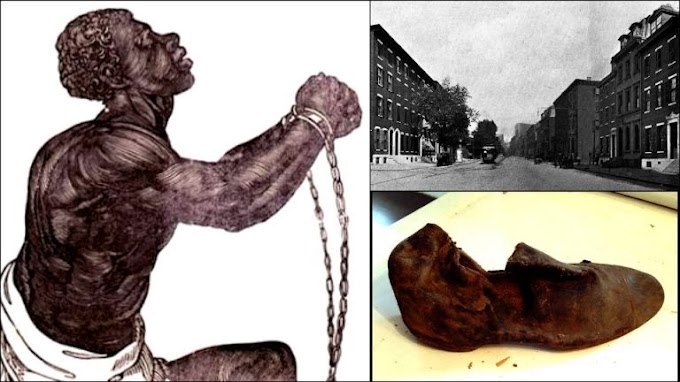Yoruba Indigenous People of Togo
Admin
July 06, 2022
The Yoruba Territory in Togo is called Atakpame. These are the ones whose ancestors migrated to the West African country when tribal wars raged in the 17th century.
"The majority of these Ife settlers migrated from Ija-Oku in former Dahomey into the Togolese territory and subsequently founded the city of Atapkame all of who migrated from Ile-Ife.
The Battle of Atakpamé was an armed confrontation between the Ashanti Empire and neighboring Akan Allies under the leadership of the Kingdom of Akyem who joined up with the Oyo Empire and the Kingdom of Dahomey in and around Atakpamé in Togo in 1764 which was a sever defeat on the Ashanti.
The indigenous yoruba language in Atakpame is Ewe or Ife. Ewe is an indigenous yoruba dialect that Is also spoken in neighbouring Ghana. Ife another indigenous and independent Yoruba dialect spoken by the majority of Atakpame indigenes, who trace their origins to Ile-ife.
In terms of landmark, Atakpame shares some similarities with Ibadan and Abeokuta. While the capital cities of Oyo and Ogun States flaunt the Olumo Rock and Oke Ibadan as their ancestral symbols.
Respectively, Atakpame, a settlement town that is about 160 kilometres away from Lome, the Togolese capital, defines its origin by seven mountains that surround it.
Just like many other towns in Yorubaland, where myths are explored to trace the people’s roots, Atakpame’s history is not complete without reference to the mountains. According to some elders of the town, the rocks played supernatural roles when the natives were engaged in battles with other ethnic groups.
This is how Atakpame also shares topographical and historical similarities with Idanre, Ondo State, a town famed for the huge and acrobatic mountains that surround it.
Ife Togo is widely used in Atakpame because the people, who trace their descent to ile-Ife, are the dominant group there.
As a result of the entrenched cross-fertilisation that Ife Togo has had with French, Ewe, et cetera, it is easier for the Yoruba in Lome, Cotonou and Ajase, among others, to understand one another than for the immigrant Yorubas in Lome to understand Ife Togo speakers in Atakpame – and vice versa.
A Yoruba scholar, Dr. Felix Fabunmi, notes that a language that is spoken by many people, such as Yoruba, usually has dialects that may differ from one another. Denisef Fantchede call the attention of Yoruba Worldwide to continue speaking yoruba language because our language represent us.
By Denisef Fantchede
A Native of Atakpame, Lome Togo, interviewed by Lasisi Akeem(Nigeria)
Punch Newspapers 2015
Kindly Share Our Post, Thank you.
Trending now

Oruko Amutorunwa (Pre-Destined Names) In Yorubaland
June 30, 2022

UNBELIEVABLE! The Tribe In Nigeria That Still Walk Naked and Why
August 03, 2022
lastest on History, Culture & Religion
5/History/post-list
subscribe on Youtube
Lastest on Black History
5/Black History/post-list
Lastest on Places, towns and Cities
5/Places/post-list
Lastest on god's and heroes
5/gods/post-list
Lastest on Historical Facts & Records
5/Facts/post-list
Follow Us on Twitter
Footer Menu Widget
Copyright © 2022 Yorubaness | All Rights Reserved.Theme







0 Comments